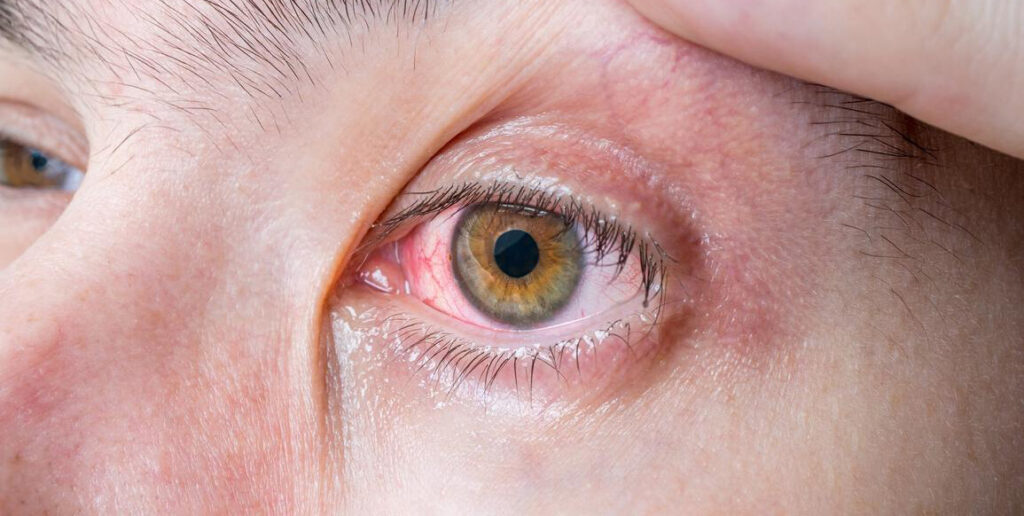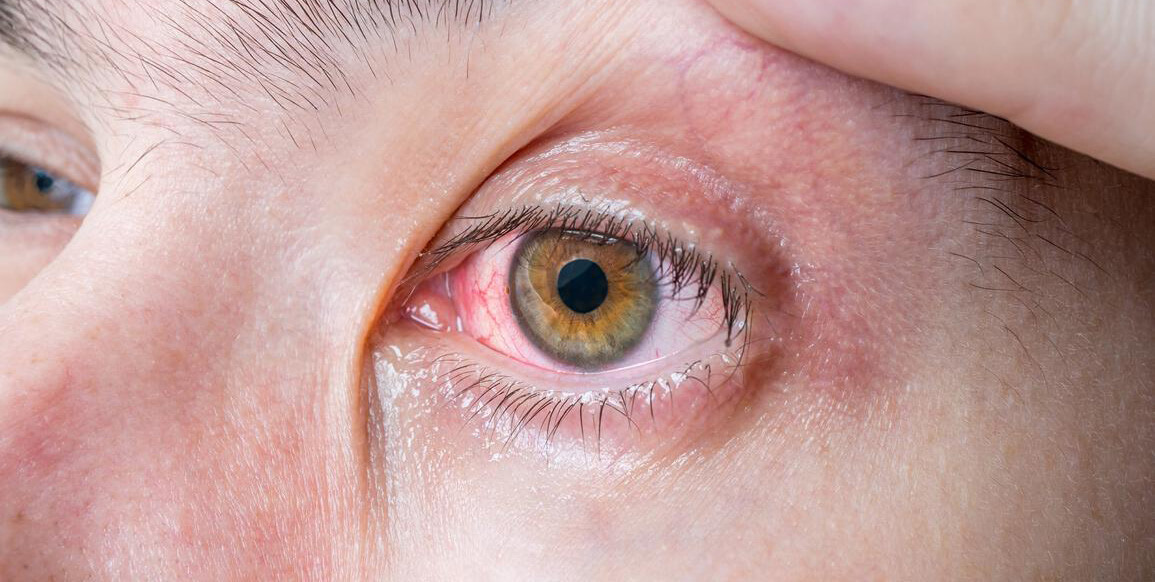
The human eye consists of more than 100 million cells. More specifically, there are rods, which allow us to see in low light, and cones, which give us our color vision.
As remarkable as our eyes may be, however, they’re quite delicate—that is, they can easily succumb to disease or injury.
Some common eye conditions include cataract, glaucoma, and conjunctivitis. Uveitis is another example.
What is it? What are the causes of uveitis? Want to know? If so, you’re in the right place. Keep reading to learn more about the topic!
What Is Uveitis?
Uveitis is an eye condition that affects the middle layer of the eye, called the uvea. More specifically, it causes the tissues to become swollen and inflamed.
As it is, there are different types of uveitis such as anterior uveitis and posterior uveitis. Rarely, the latter can lead to Birdshot Chorioretinopathy, which is more common among females. For more information, look here.
While uveitis can occur in anyone, it’s most often seen in those between the ages of 20 and 60. Recurrent uveitis is also a possibility in some individuals.
Potential Causes of Uveitis
Unfortunately, the exact cause of uveitis is unknown. In fact, it’s not uncommon for it to occur in healthy people.
With that said, it’s often associated with another condition such as an autoimmune disorder (e.g. arthritis, psoriasis, ulcerative colitis). Bacterial or viral infections such as AIDS, syphilis, and tuberculosis can also increase your risk.
Finally, it can also be due to trauma, injury, or exposure to a toxin.
Treating Uveitis
The good news is that it is treatable. At the end of the day, treatment will depend on the type and cause of uveitis.
Having said that, it’s often treated with eye drops. For example, your doctor may prescribe steroid eye drops to reduce irritation or inflammation in the eye.
In some cases, they may also prescribe oral steroids. Antibiotics will also be necessary if there’s a body-wide infection causing the symptoms.
Potential Complications of Uveitis
Untreated uveitis can lead to various complications. For example, it can lead to cataracts, which refer to clouding of the cornea or lens.
In addition to that, it can cause glaucoma and retinal detachment, the latter of which is considered to be an eye emergency. Left untreated, it can lead to a permanent loss of vision.
Preventing Uveitis
The best way to prevent uveitis is to seek proper treatment for infections or autoimmune disease. The sooner you treat it, the better the outcomes.
Unfortunately, it can be difficult to prevent in otherwise healthy people as the exact cause is unknown.
Understanding Uveitis
As you can see, there are several potential causes of uveitis. Remember, don’t wait if you’re experiencing symptoms—go see the doctor as soon as you can!
Are you interested in reading more health-related articles? Then make sure to check out the rest of our website!
